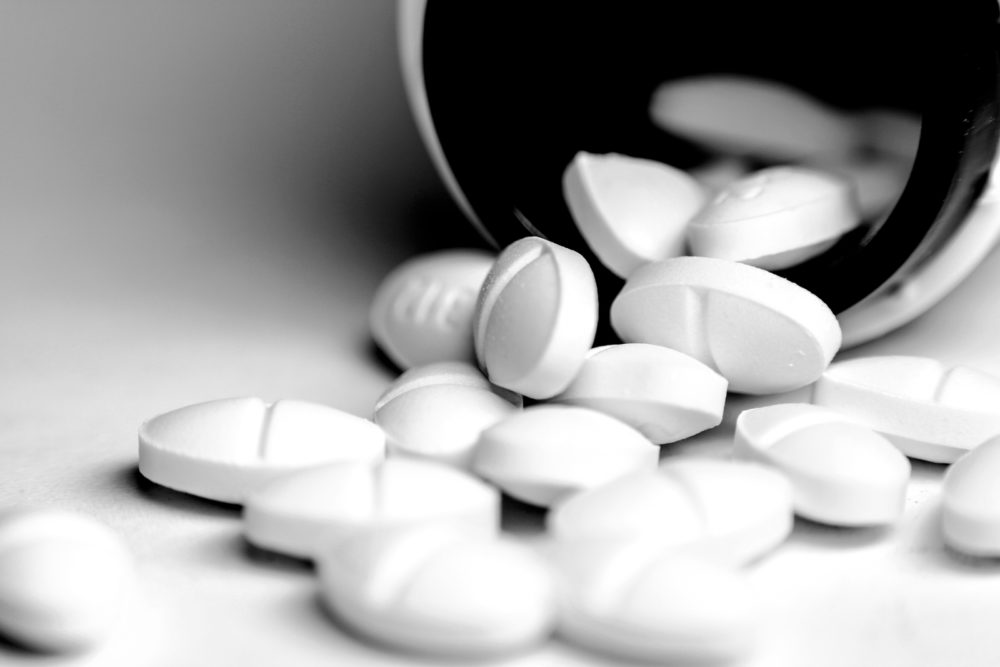In fact, a recent study published in the Journal of the American Medical Association (JAMA) found that these medicines are most commonly prescribed following surgical tooth extractions for patients between the ages of 14 and 24. Unfortunately, what can start out as well-intended pain relief can end in patients experiencing unwanted and potentially debilitating side effects, and in the worst cases, expose them to the risks of opioid misuse, abuse or addiction.
According to a government report, the highest rates of opioid abuse are seen among adults 18- to 25-years-old. The risks of opioid exposure are real concerns for oral surgeons. But so is pain. As clinicians, we have to balance the need to provide patients adequate pain relief with the risks and side effects of the medications we prescribe. Until recently, our options were limited when over-the- counter products did not provide sufficient relief. But that is no longer the case. Fortunately, there have been recent advances in the availability of very effective non-opioid alternatives.
New research presented at the 2016 American Association of Oral and Maxillofacial Surgeons (AAOMS) in Las Vegas shows that a long-acting local analgesic called EXPAREL® (bupivacaine liposome injectable suspension) can lower pain scores and reduce opioid requirements in oral surgery patients undergoing wisdom tooth extraction.
I’m encouraged to see this data, as I have been using EXPAREL with my patients at the Carolinas Center for Oral & Facial Surgery in Charlotte, NC for nearly two years now. When injected into the mouth during the time of oral surgery, patients can experience prolonged non-opioid pain relief during the first few days of recovery, when pain is often at its worst.
“According to a government report, the highest rates of opioid abuse are seen among adults 18- to 25-years-old”
In conjunction with EXPAREL, my patients are advised to take an NSAID, usually ibuprofen, to reduce inflammation and provide additional analgesia. While opioids are available to my patients, they are reserved only for pain that cannot otherwise be controlled. In fact, I have found that their use has become the exception and not the rule—very few of my patients ever need to rely heavily on opioids for pain control.
Since using this combination of EXPAREL and ibuprofen, the number of patients who come in for follow-up visits due to pain or opioid-related side effects like nausea or vomiting has decreased significantly. In the 34 years I’ve been practicing, I have never seen my patients’ pain more effectively managed and with so few side effects.
I’m glad to see the use of non-opioid options gaining traction across surgical procedures, especially in oral surgery where patients and their caregivers—often their parents in the case of those undergoing wisdom tooth removal—are anxious about pain after the procedure and what can be done to ensure that recovery is as comfortable as possible. These are important preoperative surgeon-patient conversations to have.
“Since using this combination of EXPAREL and ibuprofen, the number of patients who come in for follow-up visits due to pain or opioid-related side effects like nausea or vomiting has decreased significantly”
Prior to surgery, I explain to patients and their caregivers that there’s a new approach that will manage their pain for the first few days after the procedure and minimize or eliminate the need for any opioid medications. Patients, and especially their parents, are happy to hear that opioids may not be necessary.
With winter just around the corner, oral surgeons will see another spike in wisdom tooth extraction patients who will be home for the holidays. The ability to reduce these patients’ exposure to opioids—and thus their side effects and longer-term safety risks—not only ensures their ability to enjoy the holiday season with family and friends, but also that their recovery is as safe and comfortable as possible.







Recent Comments